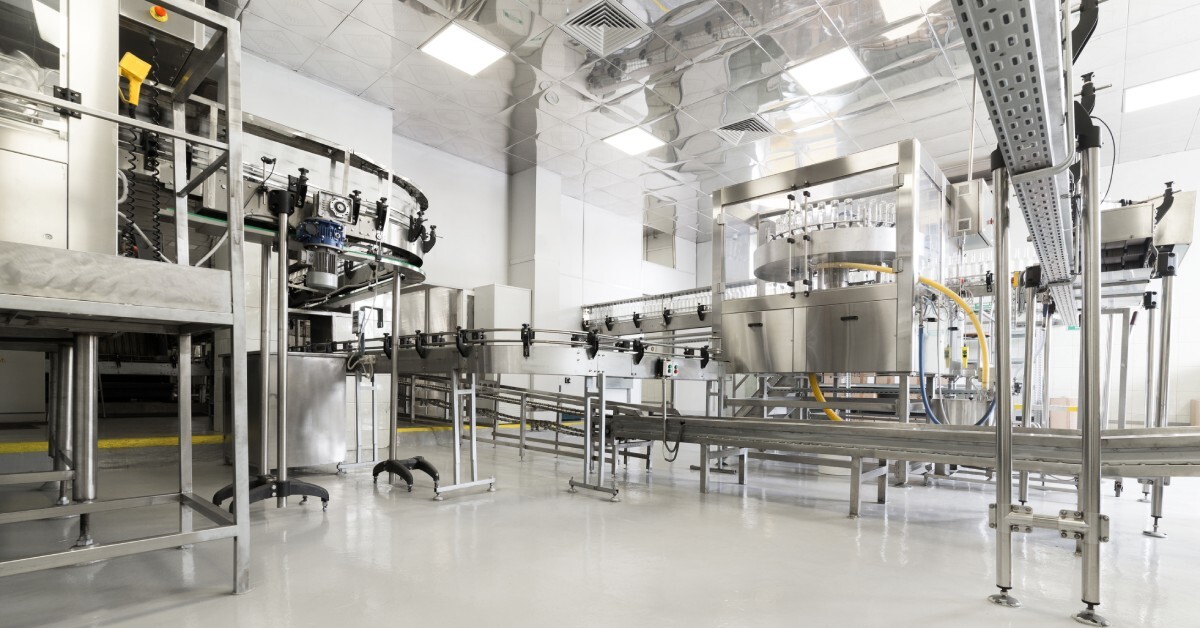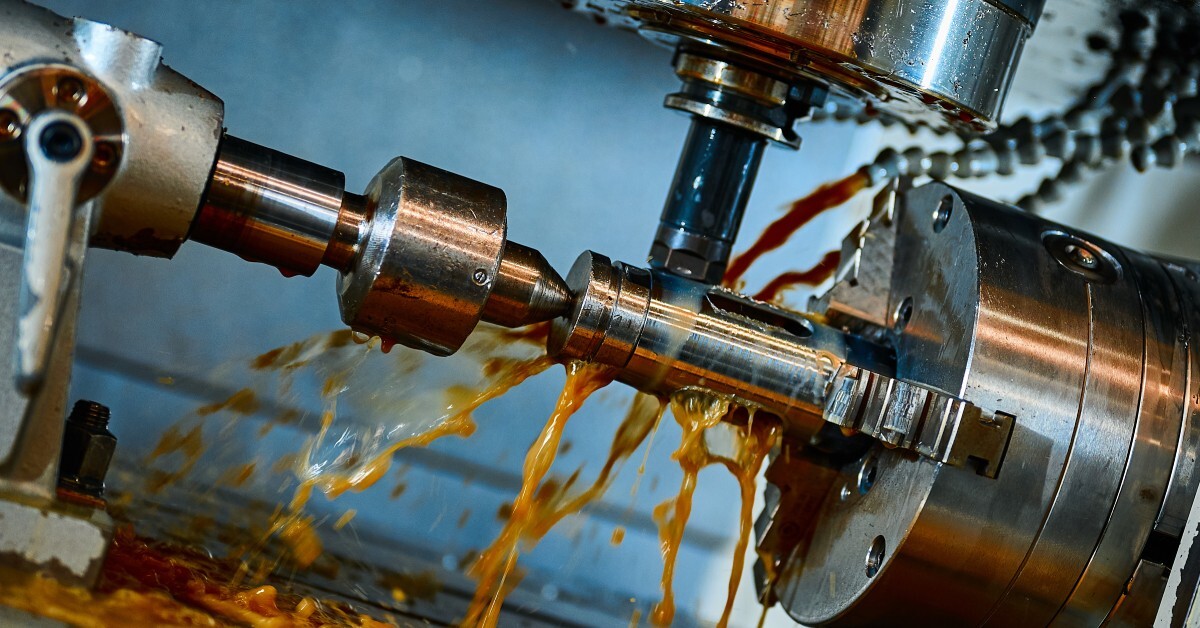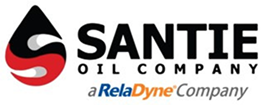In the food and beverage processing industry, every component matters. Machinery operates under demanding conditions to meet high production volumes. Lubricants keep this equipment running smoothly, but not all lubricants fit the requirements of this sensitive environment. Using conventional lubricants poses a contamination risk, which can lead to product recalls, safety hazards, and brand damage.
Therefore, understanding the benefits of switching to food-safe lubricants helps protect consumers, machinery, and a company's reputation. These specialized lubricants perform well under pressure while adhering to strict safety standards, making them a cornerstone of responsible manufacturing.
What Are Food-Safe Lubricants?
Food-safe lubricants, often called food-grade lubricants, are formulated with approved base oils and additives that are safe for contact with food products. The NSF International, an organization committed to public health and safety, categorizes these lubricants based on their potential to come into contact with food.
- H1 Lubricants: Suitable for use in food-processing areas where accidental contact with food may occur.
- H2 Lubricants: Intended for equipment and machinery in areas where contact with food is not possible.
- H3 Lubricants: Also known as soluble or edible oils, used for cleaning and rust prevention on hooks, trolleys, and similar equipment.
Choosing the right food-safe lubricant depends on where it will be applied and how close it is to the production process.
1. Upholds Product Safety and Consumer Health
The foremost benefit of using food-safe lubricants centers on protecting public health. Incidental contact between a lubricant and a food product happens. When it does, a food-safe formulation prevents harmful contaminants from entering the food supply.
These lubricants contain non-toxic, physiologically inert ingredients that minimize health risks to consumers. This commitment to safety shows a brand's dedication to quality and consumer well-being.
2. Reduces Risk of Product Recalls
Product contamination triggers costly and damaging recalls. A single incident of contamination from a non-food-grade lubricant can taint an entire production batch, forcing a company to pull its products from shelves. Recalls result in direct financial losses from discarded products and lost sales.
They also erode consumer trust and damage a brand's reputation. By using H1-certified lubricants in areas where incidental contact may occur, companies create a barrier against contamination.
3. Complies With Regulatory Standards
Food processing facilities operate under strict regulations from bodies like the Food and Drug Administration (FDA) and global food safety initiatives. These regulations mandate the use of food-grade lubricants to prevent contamination.
Adhering to these standards helps a facility pass audits and inspections. Compliance avoids penalties, fines, and potential shutdowns. It demonstrates a commitment to operational excellence and legal responsibility.

4. Protects Brand Reputation
A company's reputation stands as one of its most valuable assets. News of a product recall or safety violation spreads quickly, causing long-term damage to brand perception. Consumers expect the food they purchase to be safe.
Using food-safe lubricants demonstrates a company's proactive approach to food safety. This strengthens its reputation as a trustworthy and responsible manufacturer.
5. Extends Equipment Life and Performance
Food-safe lubricants offer high performance comparable to that of their conventional counterparts. They provide excellent protection against wear, friction, rust, and corrosion.
Key Performance Qualities:
- Thermal Stability: Many food-safe lubricants, especially synthetics, handle a wide range of temperatures without breaking down.
- Oxidation Resistance: They resist oxidation, which prevents the formation of sludge and deposits that can clog machinery.
- Water Washout Resistance: Formulations for the food industry resist water washout, a common issue in sanitation-heavy environments.
Proper lubrication with these products reduces equipment wear and tear, extends machinery's operational life, and minimizes downtime.
By selecting the proper lubricant and adhering to a regular maintenance schedule, businesses can ensure peak performance and reliability of their equipment. This not only enhances operational efficiency but also contributes to significant long-term cost savings.
6. Consolidates Lubricant Inventory
Facilities that handle both food and non-food-grade products might manage multiple types of lubricants. This complex inventory increases the chance of misapplication, where a non-food-grade lubricant gets used in a sensitive area.
Switching to food-safe lubricants across a facility can simplify inventory management. Using H1 lubricants as the standard for all applications streamlines purchasing, storage, and handling, reducing the risk of human error.
7. Resists Chemical and Water Degradation
Food and beverage processing plants require frequent, intensive cleaning and sanitization. These processes involve water, steam, and harsh cleaning agents. Food-safe lubricants have formulations that withstand these conditions.
Their resistance to water washout and chemical degradation means the lubricant stays in place and continues to protect equipment, even after rigorous cleaning cycles. This ensures consistent performance and protects the machinery.

8. Prevents Corrosion
Moisture and chemicals common in food processing create a corrosive environment. Rust and corrosion on machinery parts can compromise their integrity and even contaminate food products with metal particles.
Food-safe lubricants contain anti-corrosion additives that form a protective barrier on metal surfaces. This layer shields the equipment from moisture and corrosive agents, preventing rust and prolonging the machinery's lifespan.
9. Offers Allergen-Free and Animal-Free Formulations
With growing consumer awareness of dietary restrictions and preferences, many food-safe lubricants now come in specialized formulations. These can include products that are free from:
- Common allergens (like nuts, soy, or gluten).
- Animal-derived ingredients.
- Genetically modified organisms (GMOs).
Using these specialized lubricants helps manufacturers meet specific certification requirements, such as kosher or halal, and cater to consumers with specific dietary needs.
Choosing the right food-grade lubricant is critical to ensuring both equipment performance and regulatory compliance. Manufacturers should evaluate factors such as operating temperature, load capacities, and exposure to food products when selecting a lubricant.
It’s also essential to perform regular maintenance, and proper application techniques are crucial to maximize the efficiency and lifespan of the lubricant while reducing the risk of contamination in food production environments.
10. Provides Peace of Mind for Employees and Management
Implementing a comprehensive food-safe lubrication program assures everyone in the organization. Employees work confidently, knowing they use products that minimize safety risks. Management can rest easier, knowing the facility complies with regulations and has proactive measures in place to prevent contamination.
This fosters a culture of safety and responsibility throughout the company. Switching to food-safe lubricants benefits operations by enabling safer, more efficient, and more reliable operations.
Make the Switch to Safer Operations
Switching to food-safe lubricants protects consumers, complies with regulations, and improves operational efficiency. The advantages extend from enhanced product safety and brand protection to better equipment performance and simplified maintenance.
For any operation in the food and beverage industry, adopting a high-quality, food-safe lubricating oil offers a clear path toward a safer, more successful future. Contact us today to receive a custom quote on our lubricants and other industrial products.

